Fuji-lenses - zoom lenses and fixed focal lengths for Fujifilm system cameras
If you own a Fujifilm system camera, you will find an extensive selection of lenses suitable for it in this category. Since the system is still quite young, the manufacturer has not yet built up as large a portfolio of lenses as the competition, however, many more optics for the X bayonet of Fuji system cameras will appear in the future. In countless tests, these system cameras are rated with excellent results, so you have a good basic prerequisite for professional photos. Do you already know which lens you need, what speed you need and what focal length the lens should have? Then feel free to use our filter to find your desired model. If you are still unsure, simply read the following lines as well as our buying guide at the bottom of the website to make your purchase decision easier.
No more lenses for SLR cameras in the current range
You will look in vain for lenses for Fuji SLR cameras in Fujifilm's range, because the traditional company no longer produces DSLRs. Instead, the mirrorless system cameras are the focus of the product range, which is why lenses are only developed for these camera types. All lenses offered by Fuji have an X bayonet, which makes them compatible with the system cameras of the X series. These are among the best currently available on the market, so it is little wonder that they consistently receive very good reviews. However, they can only unfold their advantages 100 per cent with the matching lenses, which you can buy in this section of our shop.
Fuji-lenses - zoom lenses and fixed focal lengths for the Fujifilm system cameras
If you are in possession of a Fujifilm system camera, you will find an extensive selection of lenses suitable for it in this category. As the system is still quite young, the manufacturer has not yet built up as large a portfolio of lenses as the competition, though many more optics for the X bayonet of Fuji system cameras will appear in the future. In countless tests, these system cameras are rated with excellent results, so you have a good basic prerequisite for professional photos. Do you already know which lens you need, what speed you need and what focal length the lens should have? Then feel free to use our filter to find your desired model. If you are still unsure, simply read the following lines as well as our buying guide at the bottom of the website to make your purchase decision easier.
No more lenses for SLR cameras in the current range
You will look in vain for lenses for Fuji SLR cameras in Fujifilm's range, because the traditional company no longer produces DSLRs. Instead, the mirrorless system cameras are the focus of the product range, which is why lenses are only developed for these camera types. All lenses offered by Fuji have an X bayonet, which makes them compatible with the system cameras of the X series. These are among the best currently available on the market, so it is little wonder that they consistently receive very good reviews. However, they can only unfold their advantages 100 per cent with the matching lenses, which you can buy in this section of our shop.
Differences between the XF and XC lens series
The Fujifilm lenses are divided into two series: One is the XF series and the other is the XC series. Here you will find more expensive lenses in the XF series, which are higher quality than the models in the XC line. For the XF lenses, a qualitative lens construction is used and a lot of metal is used. In contrast, more plastic is used for the XC series. For example, the bayonet is also made of plastic. Therefore, the lenses from this series are cheaper and lighter. Furthermore, the aperture ring is a special feature of the XF lenses and is missing on the lenses from the XC series.
Zoom lens or fixed focal length - Which suits you better?
Before you take a closer look at Fujifilm's range of lenses, you have to make an important decision: Should it be a fixed focal length that does not have a zoom function? Or are you interested in a classic zoom lens that allows you to get closer to more distant subjects? Both variants have advantages, but also disadvantages, so you should make your decision carefully.
With a fixed focal length you are more limited because of the missing zoom function. Therefore, you automatically have to pay more attention to the perspective, the distance to the subject and the angle of view. In this way, you develop a photographic eye more quickly and get a feel for correct image composition. That is why we always recommend fixed focal lengths, especially for beginners. Normal lenses with a focal length of about 50 millimetres are well suited. They are suitable for a wide range of applications. But fixed focal lengths have another advantage: fewer lenses have to be integrated, which has a positive effect on imaging performance. Imaging errors are minimised and a higher light intensity is possible.
The higher flexibility speaks for zoom lenses. You can quickly switch between individual focal lengths and can "approach" the subject unnoticed. Especially for sports photographers or in wildlife photography, zoom lenses often prove to be the better choice. There, the subjects move quickly and the distance to the subject cannot be influenced so easily, so fixed focal lengths reach their limits. Of course, you can compensate for this disadvantage by buying several fixed focal lengths. However, you should bear in mind that it is hardly possible to always have a large number of lenses with you; after all, they also have to be transported. Furthermore, changing the individual lenses may not be quick enough. With a versatile zoom lens, you therefore have a good "always-on lens" at your disposal.
Fixed focal lengths for Fuji-X cameras
If you have decided on a Fujifilm fixed focal length, you will find a large selection, especially for the wide-angle and standard ranges. But the range also includes lenses for special applications, such as a macro lens for capturing small details. When choosing lenses, you should keep the crop factor of 1.5 in mind, because all Fuji system cameras are equipped with an APS-C sensor. A 14-millimetre wide-angle lens would therefore have a focal length equivalent to 21 millimetres. One advantage of the manufacturer's fixed focal lengths is their high apertures, which are usually between F/1.4 and F/2.8. Accordingly, you can achieve a great bokeh with these lenses.
XF zoom lenses for Fujifilm system cameras
Of course, fans of zoom lenses also get their money's worth in the Fujifilm range. Various zoom lenses are offered for the wide-angle, standard and telephoto ranges. Here, too, it is noticeable that the light intensity is extremely good compared to the competition. For example, some lenses offer a continuous light intensity of F/4, while for others it is between F/2.8 and F/4. Other equivalent lenses from other manufacturers often only have open apertures of F/3.5 to F/5.6, so the Fujifilm lenses are a big step ahead of their competition. The lenses also feature an optical image stabiliser, so you can take longer exposures without blurring the image. All lenses feature quality aspherical lenses and special glass. For use in extreme conditions, there are weatherproof zoom lenses that can be recognised by the abbreviation "WR" for "Weather Resistant". You can use such lenses without hesitation even on a sandy beach in the wind or in the rain.
A summary of all the advantages and disadvantages of Fuji lenses
At the end of this article, we have compiled an overview that shows you all the significant advantages and disadvantages of Fuji lenses at a glance:
Advantages:
Various fixed focal lengths and zoom lenses represented in the portfolio
Fast lenses are also available
Very good imaging performance
Fair value for money
Excellent build quality
The drawbacks:
range not as extensive as other manufacturers
But it can be assumed that the variety of lenses offered by Fujifilm will increase greatly in the future. Overall, it can be said that Fujifilm lenses are a good choice for getting the most out of your system camera and taking professional photos.
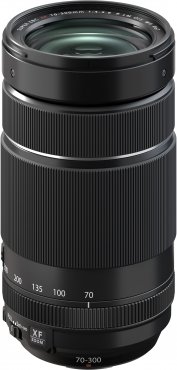
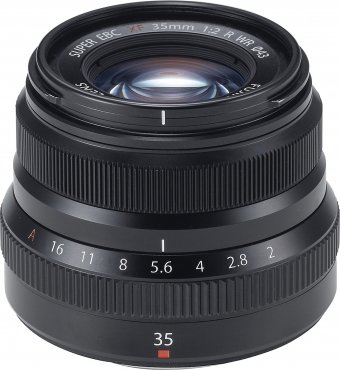
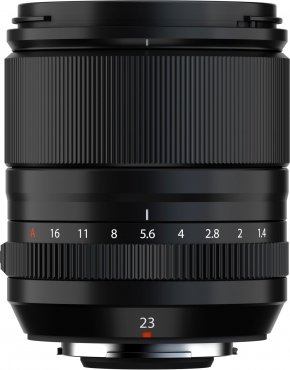
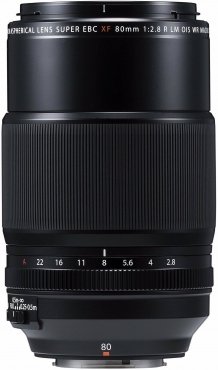
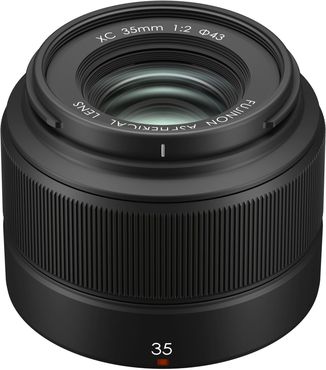
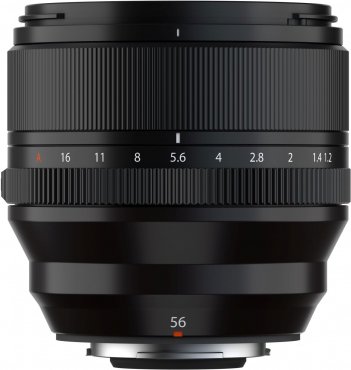
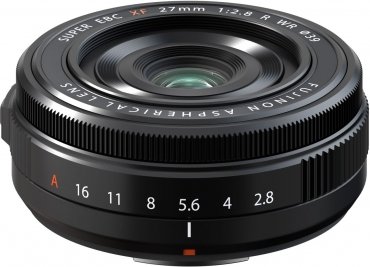
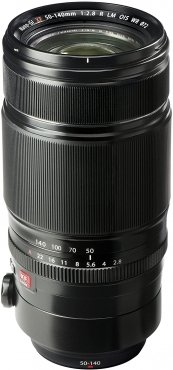
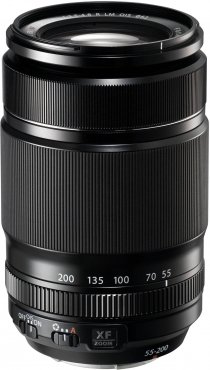
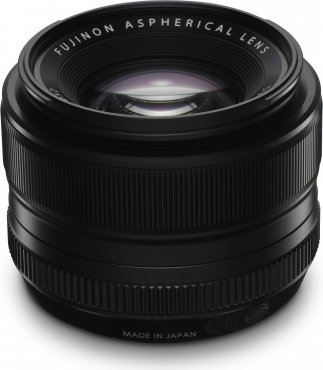
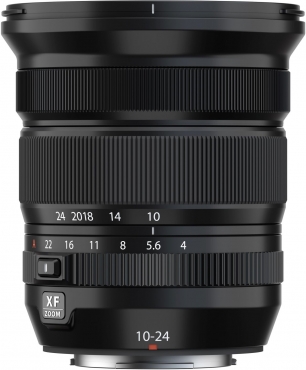
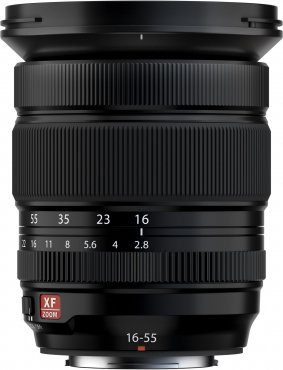
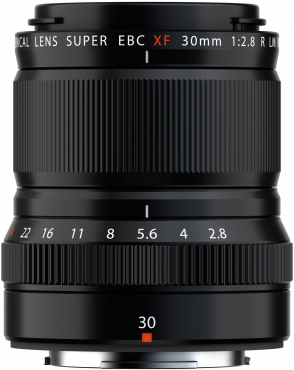
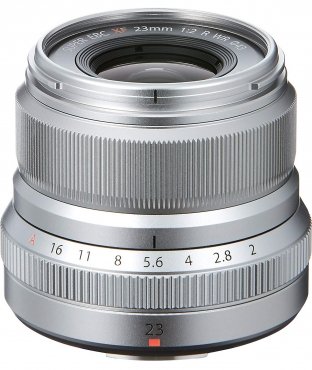
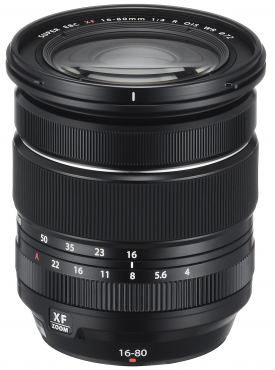
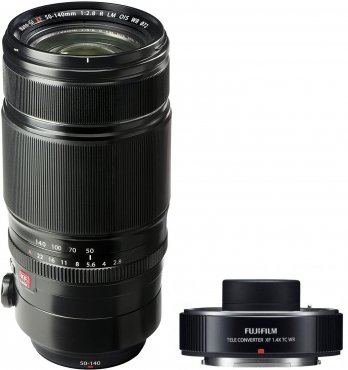
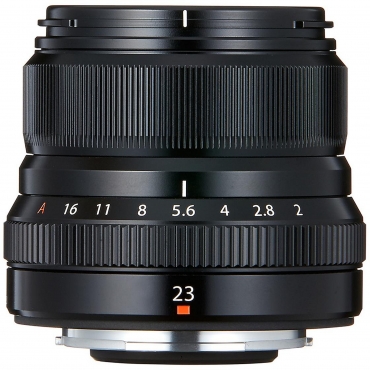
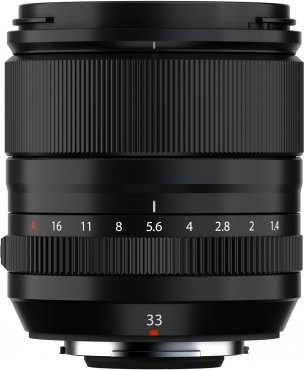
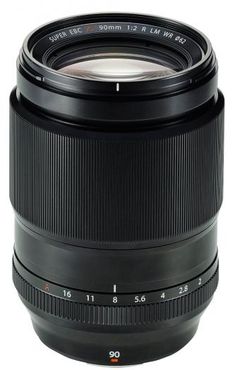
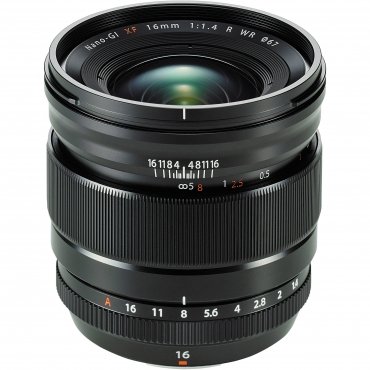
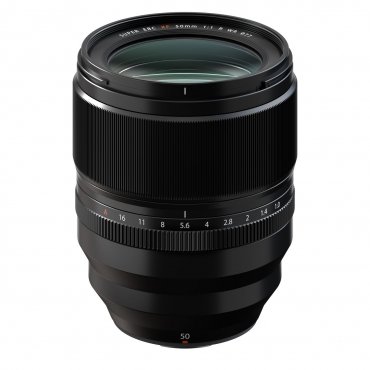
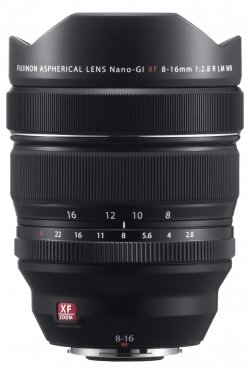
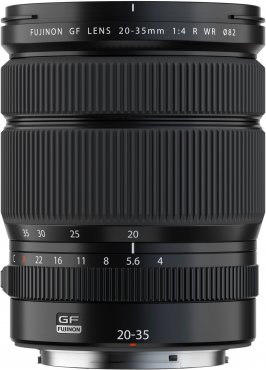
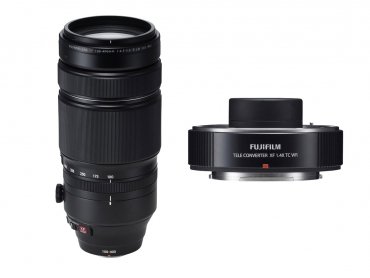
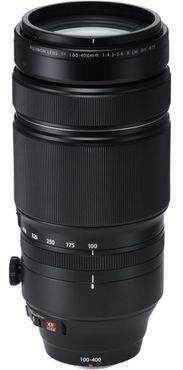
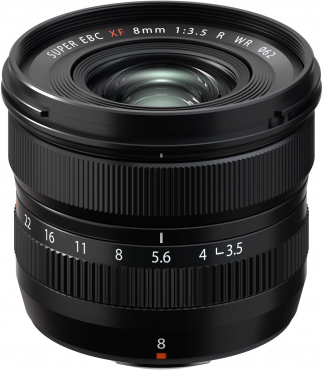
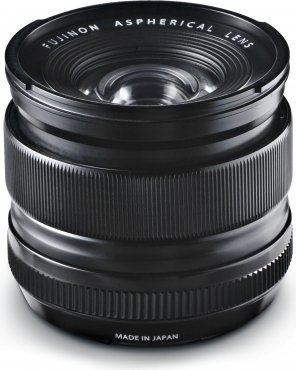
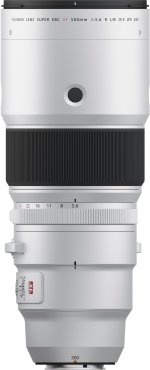
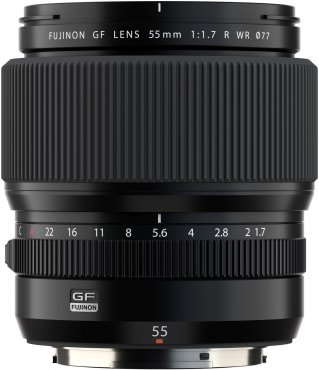
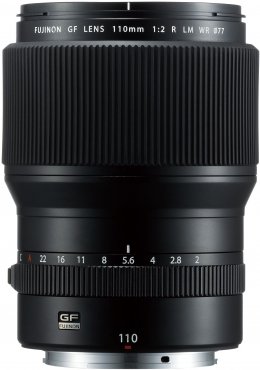
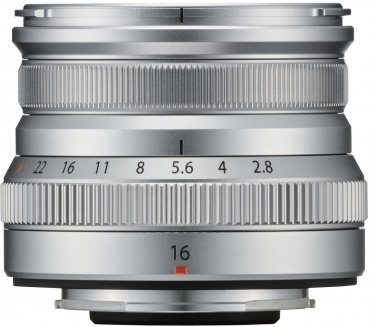
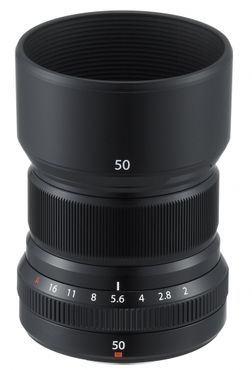

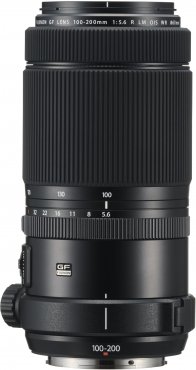
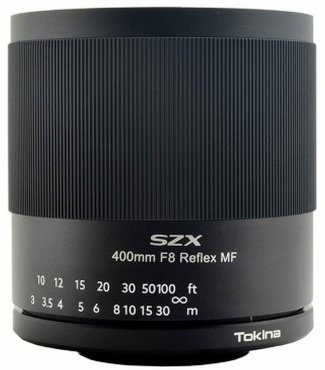
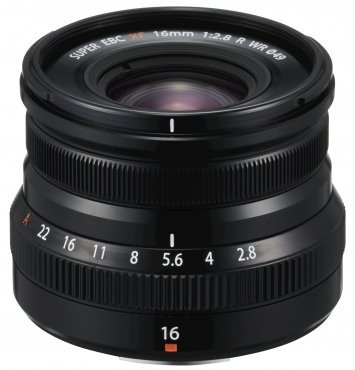
Simply subscribe and benefit as a newsletter recipient every week: